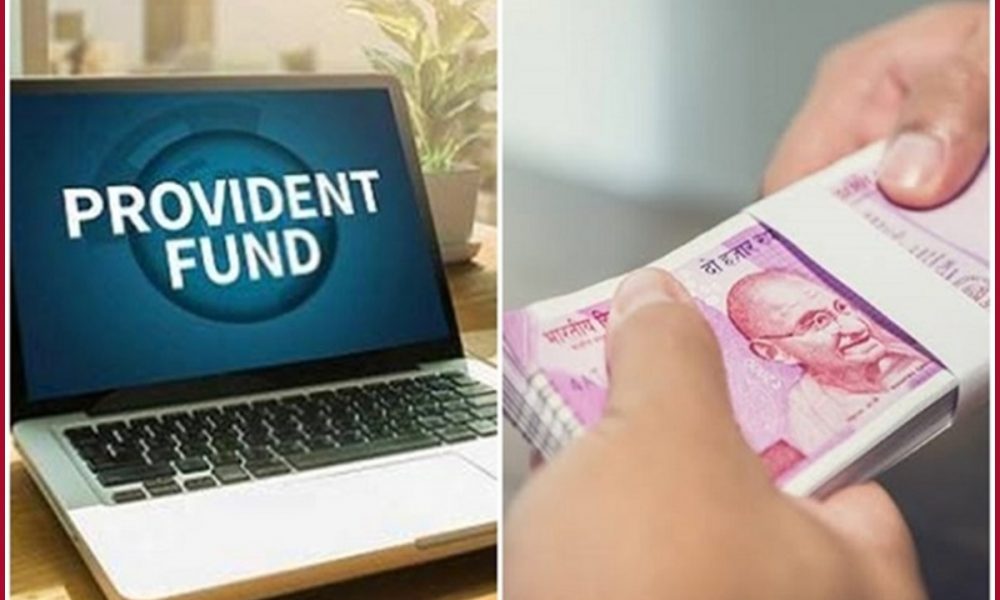
New Delhi: Among the salaried class people, the Employees’ Provident Fund (EPF) is considered to be the most preferred option for investment. The demand has risen further after the Employees’ Provident Fund Organisation (EPFO) allowed salaried employees in the private sector to prepare a retirement corpus with regular investments. If anyone starts investing in a systematic way under the scheme, he can take home over Rs 1 crore.

However, a question definitely comes to mind how can it be possible? So you do not need to worry about it as we are going to explain the answer below here:
Before we dive into the detail, we must tell you that if anyone invests up to Rs 1.5 lakh per annum, he get tax exemption under Section 80C of the Income Tax Act. The government allows maturity to be exempt from tax once an employee contributes for more than five years.
Get Rs 1 crore from regular contributions to EPF investment
Under EPOF norms, an individual can start the investment under the EPF scheme at the age of 21 years with a basic monthly salary and Dearness Allowance (DA) of Rs 25,000 and can get over Rs 1 core at the time of retirement from his regular contributions.
The current rule says the employee and employer contribute 12% of the basic salary and dearness allowance (DA) each towards EPF. Notably, 8.33% of the employer’s contribution goes towards the Employees’ Pension Scheme and only 3.67% will go towards EPF investment.
For example, if the retirement age is 60 and one contributes to EPF investment for 39 years. With the current interest rate of 8.1%, one will get a retirement corpus of over Rs 1.35 crore.

It is also important to note that the retirement corpus is subject to changes in the basic salary, DA, and interest rates.




